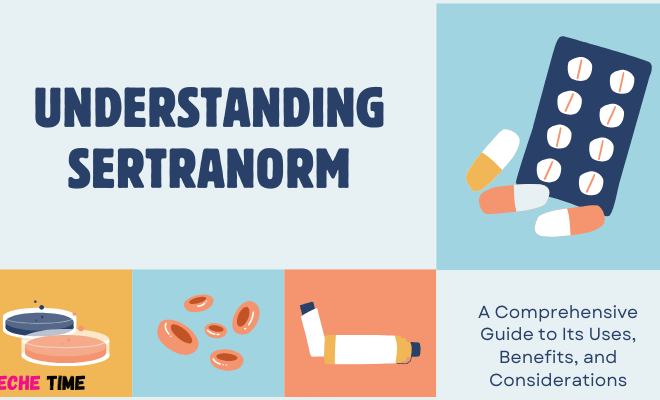
Measuring Doctor Performance Through Productivity
In today’s rapidly evolving world, technological advancements are reshaping the landscape of nearly every industry, and healthcare is no exception. Artificial Intelligence (AI) is at the forefront of these changes, playing a pivotal role in boosting physician productivity and enhancing overall performance. In this article, we’ll explore the impact of AI on healthcare, delving into its user-friendly applications, cooperative potential, and its unique ability to transform healthcare for the better.
Artificial Intelligence is a game-changer in the realm of physician productivity and Forbes article performance. It empowers healthcare professionals to make more accurate diagnoses, streamline administrative tasks, and collaborate on a global scale. However, it is crucial to navigate these advancements responsibly, addressing potential challenges and ensuring that the focus remains on providing quality care to patients.
Doctor Efficiency Through Productivity
Physician productivity refers to the efficiency and effectiveness of physicians in delivering healthcare services. It involves measuring factors like:
Read: What is Azp600x? All You Need To Know
Work Relative Value Units (wRVUs)
A measure of physician work output based on the time, skill, and intensity required for clinical services. Higher wRVU typically indicates higher physician productivity.
Patients seen per day
The number of patients a physician sees during a normal workday. Seeing more patients can indicate higher productivity.
Procedures performed
The number of tests, surgeries, and other procedures a physician completes. Higher procedure volume often correlates with productivity.
Clinical quality metrics
Quality of care measures like infection rates, readmission rates, patient satisfaction, and evidence-based care standards. High-quality care supports productivity.
Physician Performance
Physician performance refers to how well physicians carry out their responsibilities and duties as medical professionals. Some key aspects of physician performance include:
Clinical skills and knowledge
A physician’s ability to accurately diagnose patients, determine appropriate treatments, perform procedures competently, and stay up-to-date on medical knowledge. This is often measured through exams, certifications, and quality metrics.
Patient outcomes
How patients fare under a physician’s care, including measures like mortality, readmission rates, complication rates, and patient satisfaction. This indicates how effective the physician’s treatment is.
Communication
A physician’s ability to listen to patients, explain conditions and treatments clearly, give patients time to ask questions, and demonstrate empathy and compassion. Good communication promotes patient trust and satisfaction.
The Role of AI in Healthcare
Healthcare has always been a demanding field where the stakes are high. Physicians are expected to provide high-quality care while managing an ever-increasing workload. AI enters the scene to alleviate these burdens by providing valuable support in various aspects of healthcare delivery.
Diagnostics and Decision Support
One of the most prominent ways AI enhances physician productivity is through diagnostics and decision support. AI algorithms can quickly analyze medical images, such as X-rays and MRIs, helping physicians identify potential health issues with greater accuracy. These tools reduce the chances of misdiagnoses and improve the efficiency of care.
Electronic Health Records (EHR) Management
Physicians often spend a substantial portion of their day dealing with paperwork and administrative tasks, particularly in managing electronic health records (EHRs). AI-driven systems can streamline this process, offering automated data entry, predictive text assistance, and simplified record retrieval. This allows physicians to spend more time with patients and less time wrestling with administrative burdens.
Remote Patient Monitoring
AI-enabled devices and applications offer the advantage of remote patient monitoring. Physicians can keep track of patients’ health conditions outside of the clinic or hospital, receiving real-time data on vital signs, medication adherence, and symptoms. This not only improves patient care but also reduces the need for frequent in-person appointments.
Predictive Analytics for Better Resource Allocation
Through AI’s data crunching capabilities, healthcare institutions can predict patient admission rates and optimize resource allocation accordingly. This ensures that physicians have the necessary resources to meet patient needs, enhancing overall performance and patient satisfaction.
Enhanced Collaboration and Education
AI can facilitate cooperative learning and collaboration among healthcare professionals. Through online platforms and virtual reality, physicians can engage in remote training and consult with specialists worldwide. This cooperative approach leads to a more informed medical community and improved patient care.
Unique Challenges and Considerations
While AI brings tremendous potential to healthcare, it is not without its unique challenges. join us at MDs Slack group Ethical concerns, data privacy issues, and the need for rigorous AI validation are all areas that must be carefully addressed to ensure AI’s successful integration into healthcare.
Conclusion
In the coming years, as AI continues to evolve and integrate into healthcare systems, it is essential for physicians, institutions, and patients to embrace these advancements cooperatively. Through collaboration, education, and a commitment to ethical practices, AI will play a central role in enhancing healthcare and improving patient outcomes. As we move forward, we can look forward to a brighter, more efficient, and cooperative future in healthcare, thanks to the transformative power of AI.








